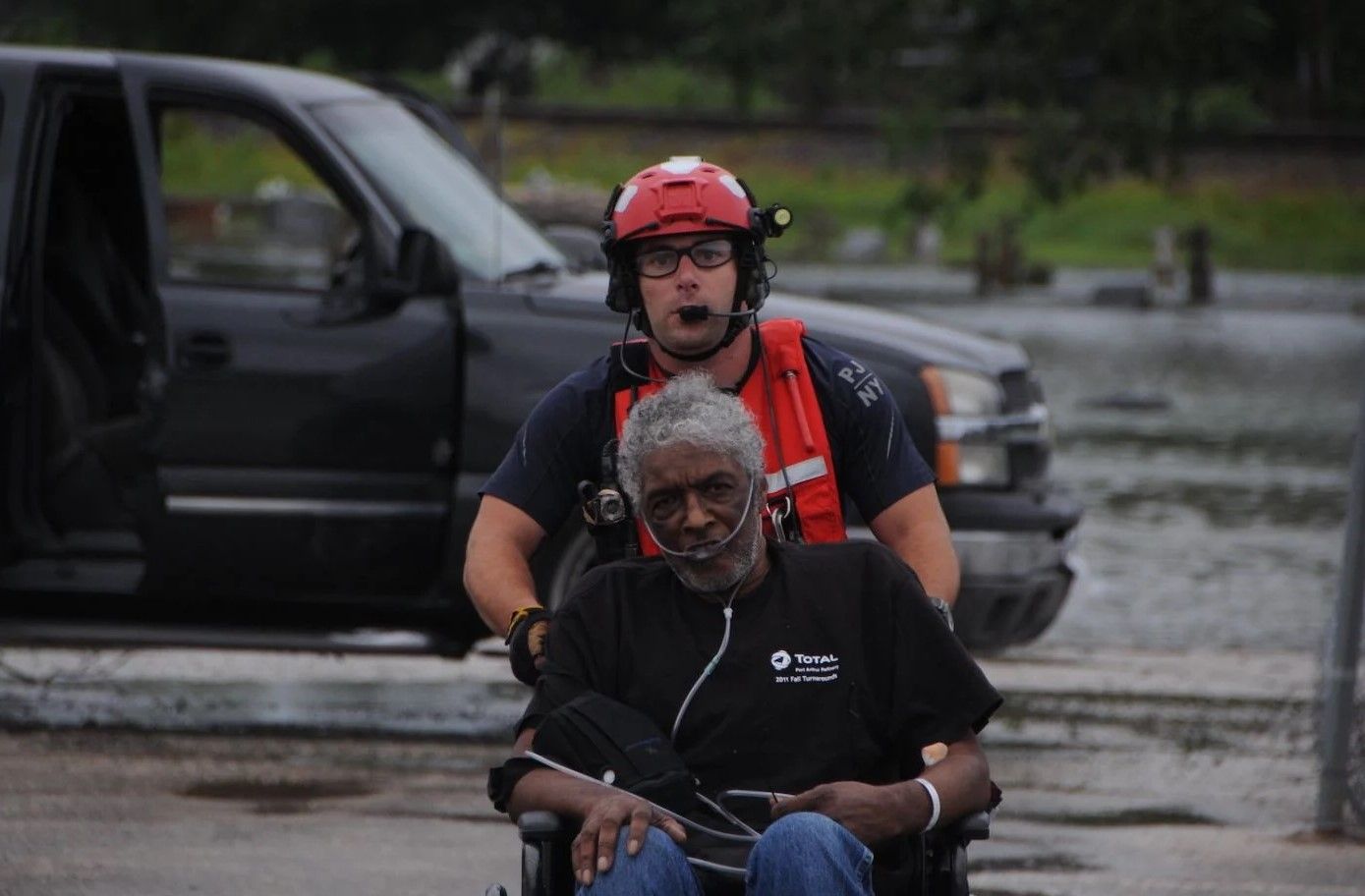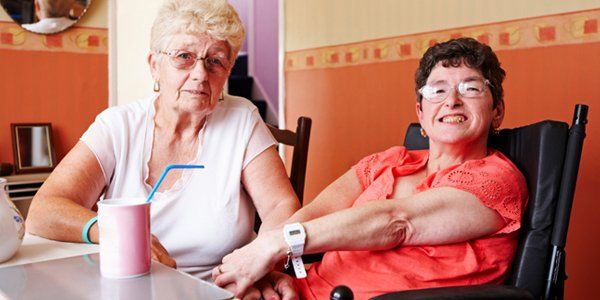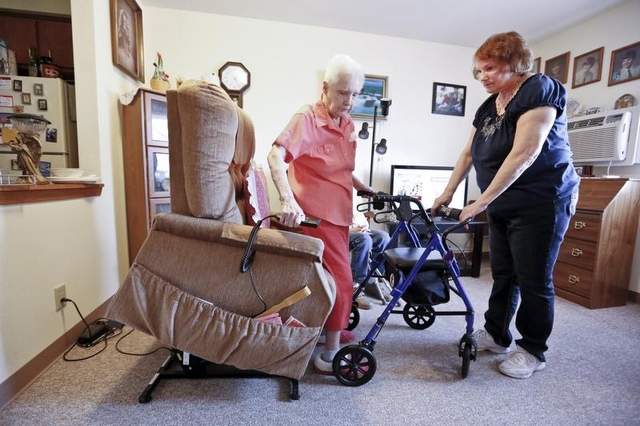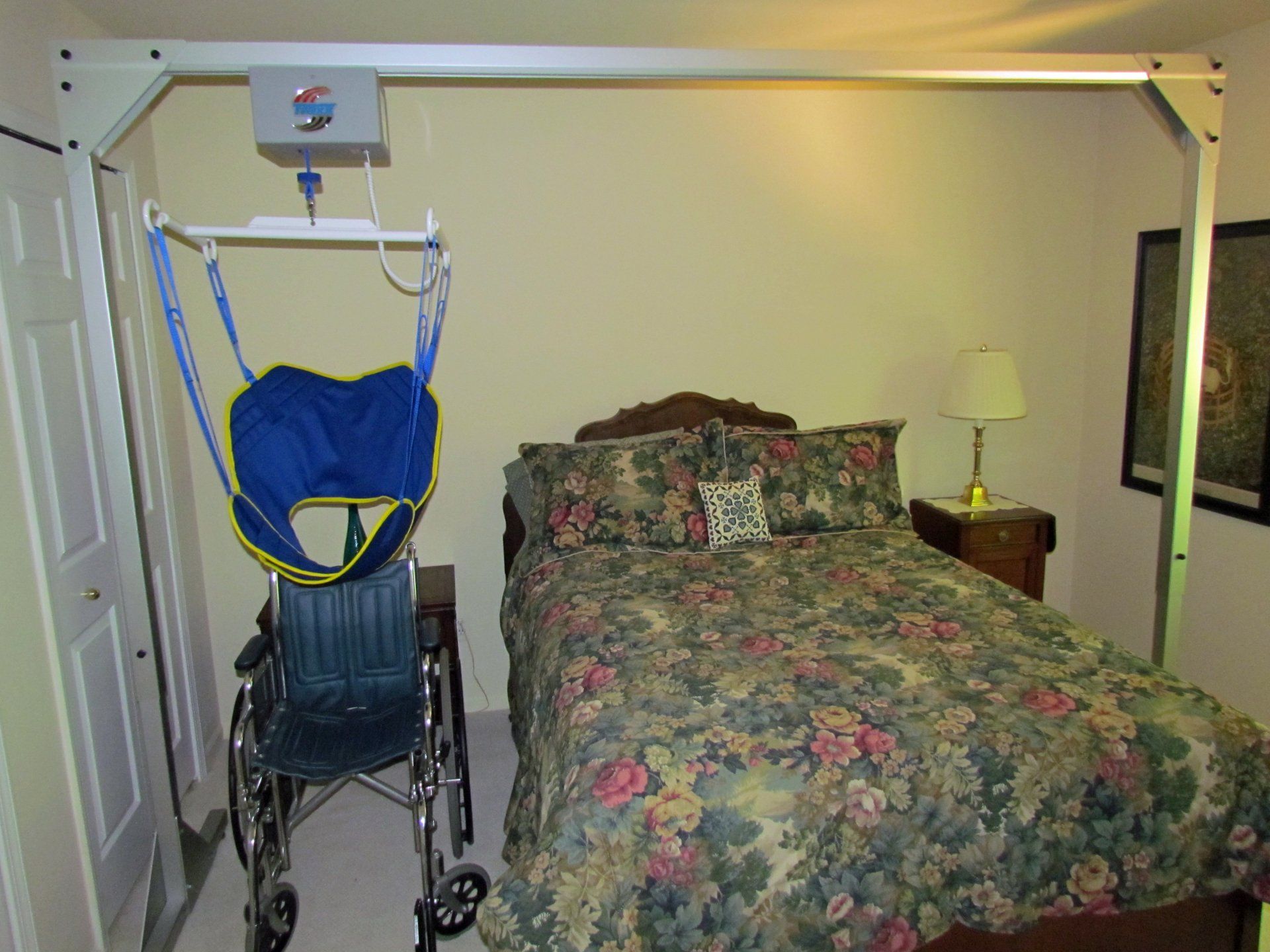7 Things You Should Know About Your Elderly Parents
It’s never too early to begin understanding and preparing for the senior years.
You discover that your widowed mother has no will or plans for her estate or health care. Or perhaps both your parents are in their late 80s and still living in the home you were raised in—but their mobility has decreased. Getting old looks different for everyone, but at the same time, most older people have a lot in common, including those two scenarios. Another thing they have in common is that they put off planning for the future. The aging process can be overwhelming, but the journey could be easier if families started to plan for it earlier.
Navigating the Path Ahead
Our culture’s focus on youth might prevent more open discussions about planning for our later years. Perhaps we put off the subject because it is so overwhelming. Or, maybe it is just denial. Whatever the reason, there are things all adults should know about getting old—both so they can prepare themselves, and so they can better help their parents.
Here are seven things you might wish you’d known sooner about your parents:
- They may not tell you about their cognitive changes. Not everyone will experience significant cognitive decline or dementia, but memory issues can be common. Many people don’t want to admit they’re having a problem, because that may lead to a diagnosis or a change in their lifestyle. It’s important to know the signs of potential cognitive decline.
- Their health care needs are changing. The elderly often have increased health care needs, including more medications, doctor appointments, and procedures. Be aware of your parents’ health concerns and help when you can. Educate yourself about overmedication (also called polypharmacy).
- They’re at risk for loneliness and depression. Aging can bring feelings of loneliness, isolation, and even depression. Physical changes or chronic illness may add to the sadness. Encourage your parents to stay socially engaged. It can be vital for their emotional and even cognitive well-being.
- They probably haven’t done any end-of-life planning. Do they have a will? Have they named their health care proxy—someone who can express their wishes if they are unable to? Difficult as it may be, it’s essential to discuss these topics with your parents. If they become disabled or die without important documents in place, managing their care and their estate, selling their home, or settling their bills becomes even more complex.
- They don’t want to move. Most seniors want to stay in their homes as long as possible (called “aging in place”). Whether that is safe or feasible can be a different story. You may be surprised at how resistant your parents are to any talk of moving—even if it’s for their own safety. Learn about the ways homes can be adapted to improve safety for seniors.
- Transportation may be a problem. As people age, their ability to drive can become compromised. If your parents decide on their own to limit their driving, how will they get to their stores, doctors and social activities? Help them look into the options.
- Routines may be more significant than before. Having a routine can provide comfort and structure, especially for those with cognitive impairments. It helps to maintain a sense of normality and purpose.
It’s never too early to begin understanding and preparing for the senior years. While these points might provide a starting place, each person’s journey is unique. If you plan to discuss your concerns with your parents, remember that they have long been in charge of their own lives, their homes and their families. Approach the subject with compassion and understanding.
This article originally appeared on
rightathome.net.











